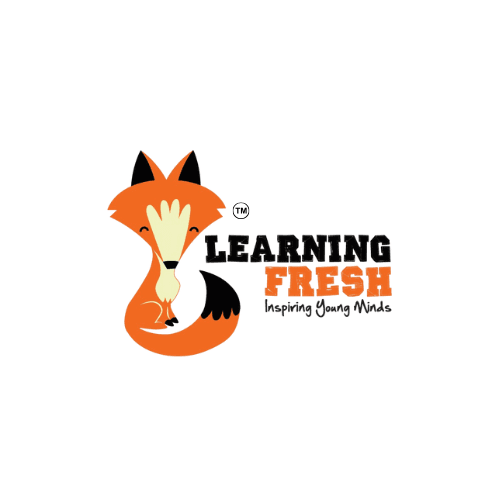Exploring the Latest Trends in Education Technology
Introduction to Education Technology Trends
Education technology, often referred to as EdTech, is revolutionizing how we approach learning and teaching. As digital tools become more integrated into the classroom, educators and students alike are experiencing a transformation in the educational landscape. In this blog post, we will explore some of the latest trends in education technology that are reshaping the future of learning.
Artificial Intelligence in Education
Artificial Intelligence (AI) is making significant strides in the education sector. AI-powered tools are enhancing personalized learning experiences by adapting to each student's learning pace and style. These technologies provide real-time feedback and assessments, allowing educators to tailor their methods to meet individual student needs. AI is also being used for administrative tasks, freeing up teachers to focus more on instruction.

Virtual and Augmented Reality
Virtual Reality (VR) and Augmented Reality (AR) are no longer just for gaming; they are becoming powerful educational tools. These technologies offer immersive learning experiences that can transport students to historical events, explore distant planets, or dissect complex machinery without leaving the classroom. This hands-on approach not only enhances engagement but also deepens understanding by allowing students to interact with their subject matter in new ways.
Gamification of Learning
The gamification of education is another trend that's gaining traction. By incorporating game-like elements such as points, badges, and leaderboards into lessons, educators can increase student motivation and participation. This method encourages students to engage with the material actively and can make challenging subjects more accessible and enjoyable. Gamification also fosters a sense of competition and achievement among students.

Online Learning Platforms
With the rise of online learning platforms, education has become more accessible than ever before. Platforms like Coursera, Khan Academy, and Udemy offer a wide range of courses that cater to learners of all ages and backgrounds. These platforms provide flexibility for students to learn at their own pace and convenience. Additionally, they are often equipped with interactive features such as quizzes and discussion forums to enhance the learning experience.
Data-Driven Insights
Data analytics is playing a crucial role in transforming education. By analyzing data collected from student interactions with digital tools, educators can gain valuable insights into learning patterns and outcomes. This information helps in identifying areas where students may be struggling, allowing for timely interventions. Data-driven insights also assist in curriculum development and improvement, ensuring that educational content remains relevant and effective.

Mobile Learning
The proliferation of smartphones and tablets has paved the way for mobile learning, or m-learning. This trend allows students to access educational content anytime, anywhere, making learning more flexible and on-demand. Mobile apps are being developed to cater to various subjects and skills, offering interactive activities that promote continuous learning outside traditional classroom settings.
Conclusion: The Future of Education Technology
The integration of technology in education continues to evolve, promising exciting opportunities for both educators and learners. As these trends develop further, it's essential for educational institutions to embrace change and adapt to new technologies that enhance the learning experience. By staying informed about the latest advancements in EdTech, educators can create dynamic and engaging environments that prepare students for a rapidly changing world.
